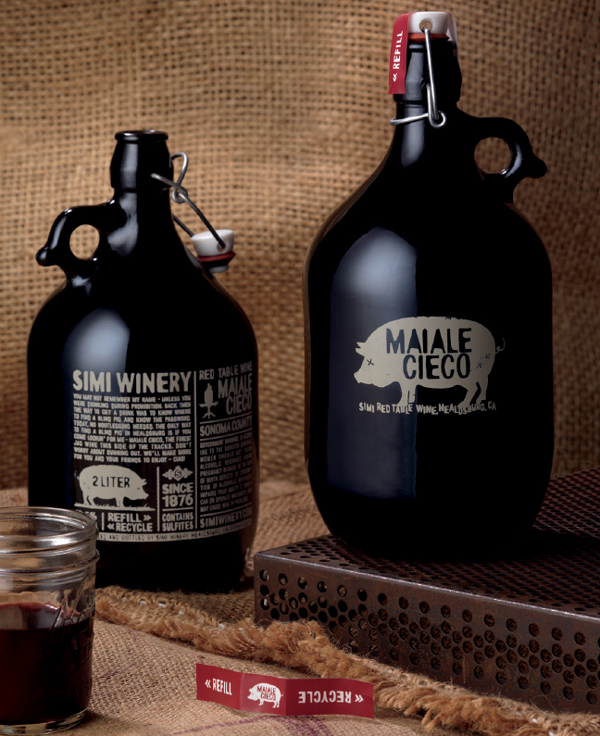Avid beer drinkers are familiar with the “growler,” a big jug used for transporting beer from a tap to one’s home. Filled and sealed properly, they keep beer fresh and carbonated for short-term consumption. (With caveats!) They’re great for when you want to bring home a beer that’s only available on tap or want to entertain guests. Living in Portland, one of the best beer cities in the world, I’ve taken advantage of this convenience many times.
Videos by Rare
In recent years, wineries have also begun selling their wine in kegs. In some situations — properly equipped restaurants, for example — this can be more cost-effective and less wasteful than dealing with bottles. And, naturally, some places with wine on tap have also begun filling growlers. Oregon and Texas have both legalized wine growler sales in various venues and Washington is following suit. Here in Oregon, licensed wineries, restaurants, bars, and retailers are all free to fill growlers with wine.
Last week, however, the Tax and Trade Bureau weighed in on the practice. First the good news: selling wine in growlers is legal under federal law. Although states had gone ahead with wine growler fills, this was apparently ambiguous. It’s good to have that clarified.
Then there’s the bad news: Selling wine in growlers is going to involve a lot more red tape than selling beer. Under federal regulations, filling a growler with beer is considered filling a large glass and doesn’t impose additional burdens. (State laws, of course, may vary.) The TTB’s new ruling [pdf] clarifies that it’s not going to be so simple for wine. Specifically, the agency has determined that filling growlers with wine for off-premise consumption is considered bottling or packing for tax purposes, and that any person engaging in the activity must first qualify as a bottling house of taxpaid wine.
This means that before they can sell wine in growlers, businesses will have to apply to and receive permission from the TTB. And once qualified as a taxpaid wine bottling house, additional regulations will come into effect for wine growlers that don’t arise with beer:
1. Proprietors will have to “keep records of taxpaid wine received, bottled or packed, and removed.”
2. Proprietors will be responsible for measuring customers’ containers and ensuring accurate fill level and alcohol content.
3. Proprietors will have to label each container with “the name and address of the premises where bottled or packed; the brand name […]; the alcohol content; the kind of wine and the net contents of the container.” They will also be required to remove or cover any preexisting labels on containers that don’t accurately describe the new contents.
It’s not clear to me yet exactly how burdensome these regulations are going to be, but the decision does seem to put the kibosh on dreams of making wine growler fills as ubiquitous and easy as they are for beer. With more restaurants and urban wineries offering wine on tap, growler fills were poised to be a new and convenient option. Here in Portland, for example, the forthcoming Coopers Hall announced plans to open with forty different wines on tap for on-premise consumption or take-away.
Assuming they stick with the plan, they’ll have to comply with these new regulations. I’m guessing that large retailers like Whole Foods will also find it worthwhile to qualify. But depending on how much of a hassle it is to do this, I expect many other restaurants with wine on tap may not bother.
The TTB notes that the Internal Revenue Code has different provisions for wine and beer and that this is the justification for the differential treatment with regard to growlers. Absent a change in the law, their hands may be tied. But from a policy perspective, it will be disappointing if this turns out to be an effective obstacle to the further adoption of wine kegs and reusable containers.
(Read more at Liquidity Preference.)



